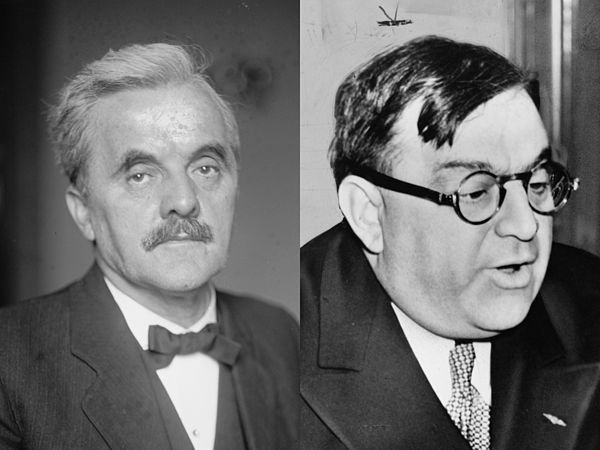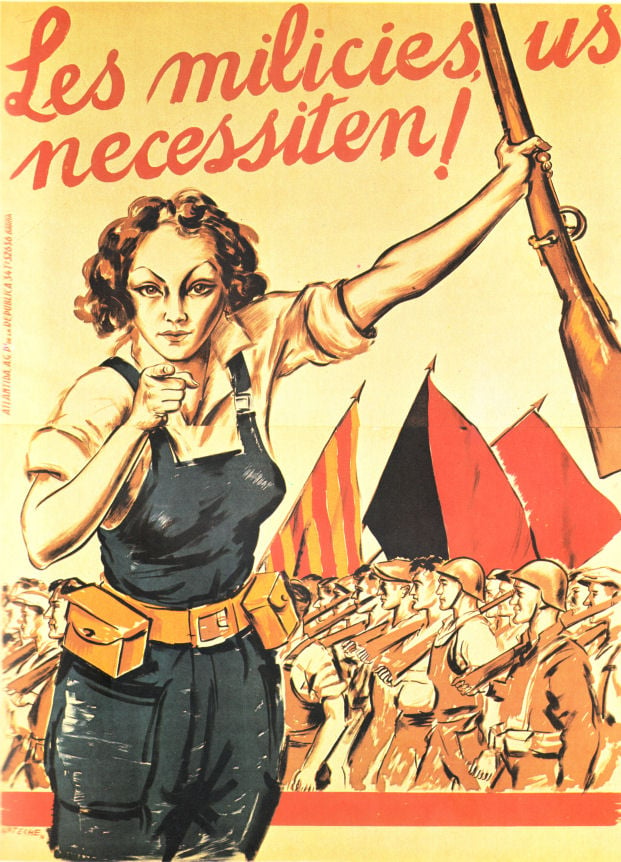Norris-La Guardia Act (1932)
Wed Mar 23, 1932

Image: Photo collage of U.S. Congressman George W. Norris (left) and NYC Mayor Fiorello H. LaGuardia (right) [Wikipedia]
The Norris-La Guardia Act, passed on this day in 1932, is a U.S. labor law that bans yellow-dog contracts, federal injunctions against non-violent labor disputes, and employers from interfering in workers’ attempts to form a union. Yellow-dog contracts are binding agreements where employers ban workers from unionizing as part of the hiring process.
The title comes from the names of the sponsors of the legislation: Senator George W. Norris of Nebraska (shown left) and Representative Fiorello H. La Guardia of New York (shown right). The law helped mitigate decades of anti-union activity, enabled in part by the precedent of court cases like In re Debs (1895), which affirmed the right of the federal government to end the Pullman Strike with an injunction.
The Norris-La Guardia Act was a precursor to the sweeping National Labor Relations Act of 1935, which established the National Labor Relations Board and is considered one of the most important pieces of labor legislation in the 20th century United States.
- Date: 1932-03-23
- Learn More: www.britannica.com, en.wikipedia.org.
- Tags: #Labor.
- Source: www.apeoplescalendar.org

